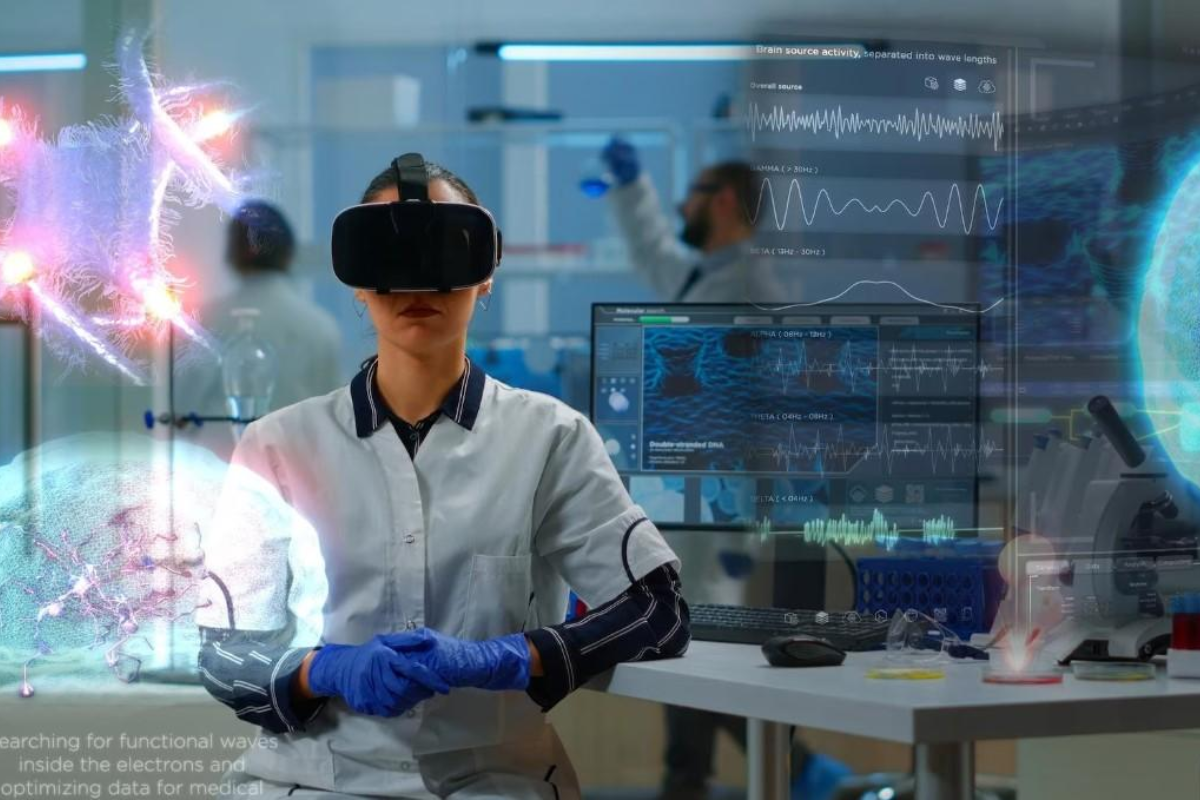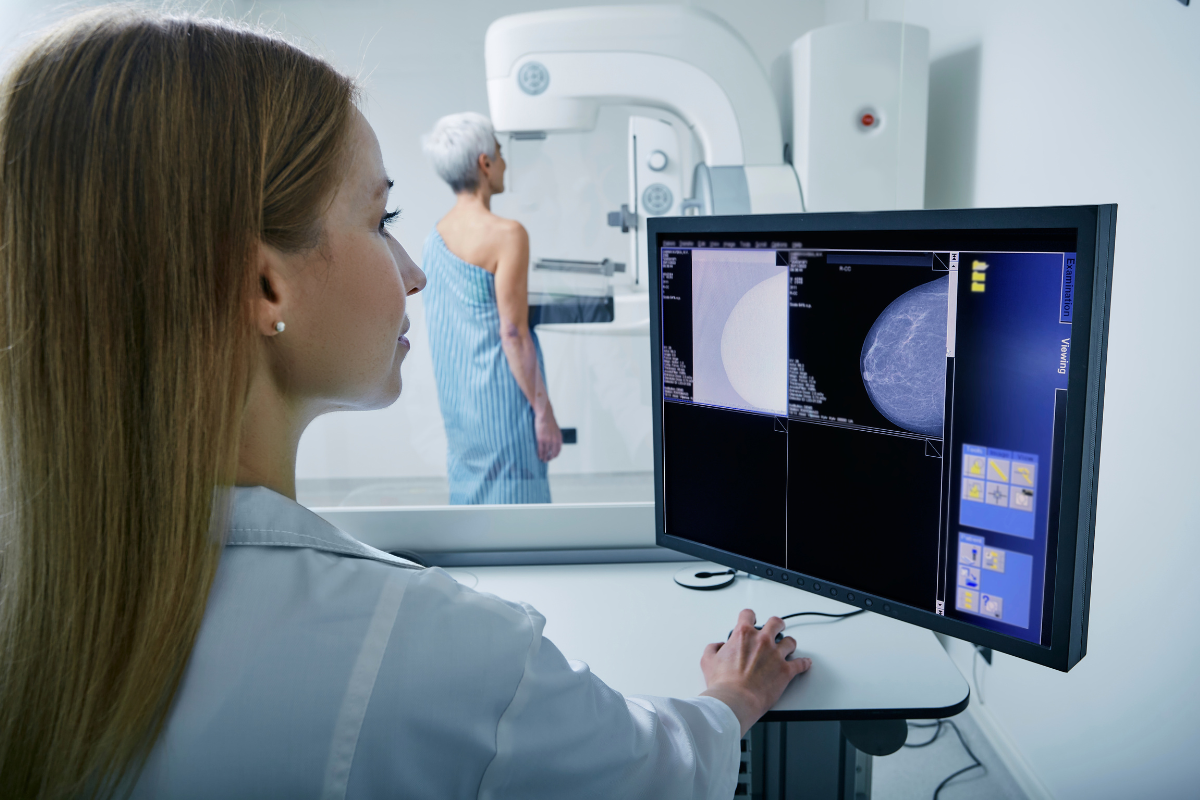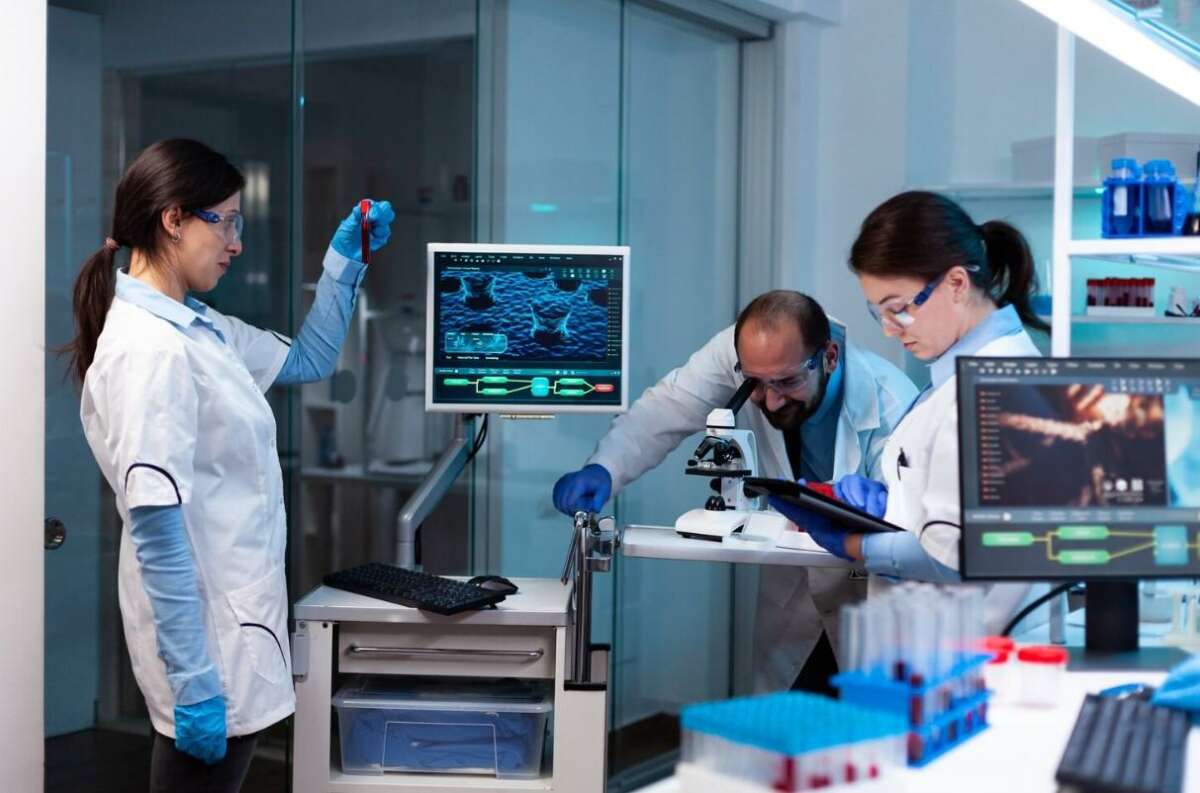
Artificial Intelligence In Medicine: How Does It Help?
Posts by Alan TaylorJanuary 19, 2024
Science and technology have evolved significantly in today’s digital transformation era, and one such advancement is artificial intelligence.
AI has transformed industries worldwide, and the medical field is no exception. AI, characterized by the capability of a machine to exhibit an intelligence level similar to a human’s, has brought about groundbreaking changes.
It primarily involves the use of algorithms and software systems to emulate human cognition in the analysis, interpretation, and comprehension of complex medical and healthcare data.
The potential of AI in medicine is vast – from assisting doctors in diagnosing diseases to predicting patient outcomes and personalizing treatment plans.
It’s reshaping healthcare as we know it, making it more efficient, accurate, and personalized. This opens more opportunities for this sector, and many healthcare service providers and organizations shake hands with AI developers to build or integrate AI-driven solutions into their processes and systems.
In this article, we’ll explore how AI is helping the medical field and its potential for the future.
Improving Diagnostics
One of the most impactful benefits of incorporating AI in the medical field is its incredible capacity to support doctors in making accurate diagnoses.

This accuracy is achieved by AI’s ability to analyze an enormous volume of patient data, a task that would be overwhelming for humans.
Sophisticated AI algorithms sift through this data, identifying patterns and providing vital insights that might otherwise be missed by human practitioners.
This extensive data analysis also extends to medical imaging, including MRI scans and X-ray images, which often contain intricate details that can be challenging and time-consuming for doctors to interpret manually.
However, with the application of AI technology, these images can be quickly and accurately analyzed, saving valuable time and significantly reducing the chances of misdiagnosis.
By minimizing diagnostic errors, AI technology enhances patient outcomes, ensuring that patients receive appropriate treatment promptly, thereby increasing their chances of recovery and reducing the risk of complications.
The integration of AI in medicine represents a critical step towards a more efficient, reliable, and effective healthcare system.
Predicting Outcomes
AI algorithms can also analyze patient data to predict possible outcomes based on risk factors and historical data.
This is particularly useful in identifying potential complications before they occur, allowing doctors to take proactive measures and improve patient care.
For example, AI can analyze a diabetic patient’s data to predict their risk of developing heart disease or other complications.
Early detection through AI technology can help prevent adverse health conditions, saving lives and reducing healthcare costs.
Precision Medicine
Another key area where AI is making a significant impact is in the realm of precision medicine. Traditionally, medical treatments have been designed for the “average patient.”
This one-size-fits-all approach can be effective but often fails to account for the unique genetic makeup and lifestyle factors of individual patients.
Artificial intelligence can analyze vast amounts of genetic data and reveal patterns that may predict an individual’s susceptibility to specific diseases.
This enables doctors to tailor treatments to the individual, improving outcomes and minimizing side effects.
Personalizing Treatment Plans
Every individual responds differently to treatments and medications due to various factors such as genetics and lifestyle.
AI technology can analyze a patient’s data to determine the most effective treatment plan for that individual.
This includes identifying potential side effects and drug interactions, making personalized medicine possible.
By tailoring treatments to each patient, AI can improve treatment success rates and reduce adverse reactions.

Intelligent Clinical Decision Support
AI can help support clinical decision-making by providing doctors with relevant information, such as the most effective treatment options or adverse reactions to certain drugs.
This can help reduce medical errors, such as antibiotic prescriptions for viral infections, and improve patient outcomes.
Patient Monitoring
AI technology is revolutionizing the way patient monitoring is performed, significantly enhancing the quality of care.
With the advent and popularity of wearable devices and Internet of Things (IoT) technology, AI can now track and analyze health data in real time.
This enables continuous monitoring of a patient’s vital signs, activity levels, and other relevant metrics, even outside the healthcare facility.
Wearable devices can collect a plethora of data, such as heart rate, sleep patterns, and physical activity, which AI systems can analyze to detect any abnormalities or changes over time.
This facilitates early detection of possible health concerns, allowing for timely intervention.
Furthermore, AI can help manage chronic conditions by consistently monitoring patients and alerting healthcare providers when intervention is necessary.
For instance, for patients with heart conditions, wearable devices can monitor heart rate and rhythm, and AI algorithms can alert healthcare providers if they detect anomalies indicative of a potential cardiac event.
This real-time monitoring and intervention capability can dramatically improve patient outcomes and quality of life.
Streamlining Administrative Tasks
In addition to assisting with medical tasks, AI is also proving beneficial in streamlining administrative tasks.
For example, AI-powered chatbots can handle patient inquiries and schedule appointments, freeing up staff to focus on other essential tasks.
This not only improves efficiency but also enhances the patient experience by providing quicker responses and reducing wait times.
Future Prospects
The potential future uses of AI in medicine are vast and exciting. As machine learning algorithms become increasingly sophisticated, we can expect to see AI used to develop new drugs, optimize patient care pathways, and even automate routine tasks, freeing up doctors to spend more time with their patients.
That said, the integration of AI into the medical field is not without its challenges. Issues like data security, algorithm bias, and the need for regulatory oversight must be addressed to assure the safe and ethical use of AI.
Despite this, the potential benefits of AI in medicine are undeniable, and its continued development promises to reshape healthcare as we know it.
So, it’s crucial for the medical community to embrace AI and work towards its responsible implementation for the betterment of patient care.
With proper balance and integration, AI has the potential to revolutionize medicine and improve lives worldwide. Let’s welcome this new era of advanced technology in healthcare with open arms.
